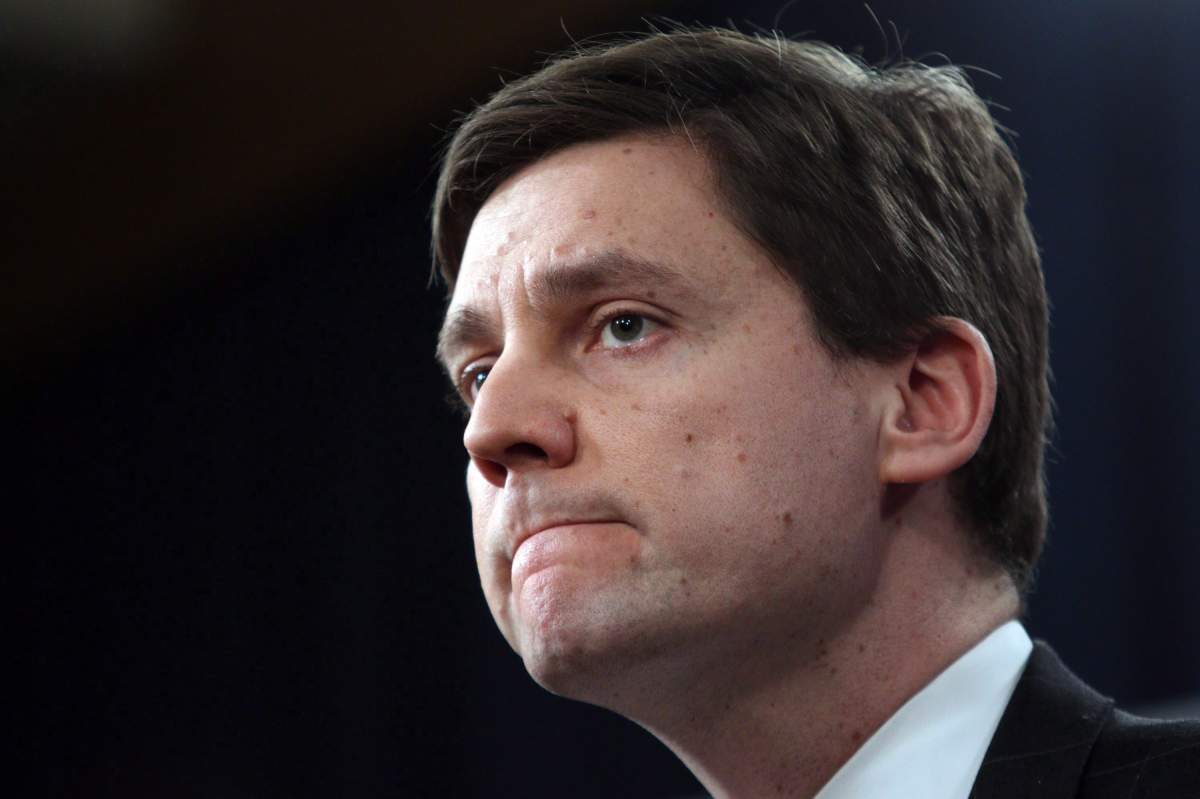It is the question that has left British Columbians with a lot of questions. On Wednesday morning Attorney General David Eby will try to provide some answers when he presents his report and recommendations regarding this fall’s electoral reform referendum.

Eby is expected to release the results of the “How We Vote” public engagement before presenting the report to cabinet.
WATCH HERE: Poll finds most British Columbians support proportional representation

“Almost 90,000 people participated through online surveys, through direct intervention through their MLAs, I feel we have consulted widely,” Premier John Horgan said. “The referendum in the fall will be the beginning, not the end of electoral reform. It’s up to the Attorney General to put forward the structure that will be managed by Elections BC.”
The B.C. NDP agreed as part of the Confidence and Supply Agreement with the Green Party that British Columbians would get to vote on changing the electoral system. The government and the Green Party will work in favour of changing the electoral system.

Get breaking National news
The two parties submitted a joint submission that called for voters to decide whether to keep the current first-past-the-post system or replace it with a not-yet-determined form of proportional representation.
- 3 in 10 Albertans would vote for independence — but only half committed to separating: poll
- Public sector unions say nearly 10K employees got layoff notices this week
- ‘No standing back’ in Afghanistan, minister says after Trump NATO comments
- Bessent says an independent Alberta would be ‘natural partner’ for U.S.
“We don’t know what the question is and every indication is the government will not make a recommendation to voters about what kind of alternative system would be better than our current first-past-the-post,” No Vote campaign leader Bill Tieleman said.
“I think it’s just not on for B.C. voters. How can you make such a fundamental decision about the system that elects our officials without knowing what it will be, without knowing the electoral boundaries?”
Eby will make a suggestion to cabinet about what people should be asked, but that could be changed by cabinet.
Tieleman is concerned that a change to the electoral system could see the emergence of fringe parties that then get a vote in the legislature. Another knock on proportional representation as an electoral system is that it tends to lead to more minority governments.
“When you look around the world at different types of proportional representation there are enormous problems,” said Tieleman. “You have potential minority governments, you have constantly changing governments.”
The referendum will take place by mail in-ballot no later than Nov. 30.
If the system is changed, the B.C. government has suggested that a second referendum be held down the road to ask voters if they prefer the new or old system.
One of the main arguments in favour of changing the system is that political parties can currently run the entire government with around 40 per cent of the popular vote.
“We have a voting system in which every vote doesn’t count and every region in the province is represented in government. Every voter deserves to elect a government that reflects their values,” said Vote PR BC campaign spokesperson Maria Dobrinskaya. “Right now we have a system that centralizes power around the political parties and the leader, and does not leave most of the power in the hands of the voters. Changing the voting system would change that.”
It is still unclear whether Eby will explain which ridings will be used in the electoral system and how regions will be represented. But unlike now, with just four MLAs in government from outside of the Lower Mainland and Vancouver Island, proportional representation often sees governments with much wider regional representation.
“We need to ensure that democracy is strengthened and not weakened so people still have access to a local MLA,” Dobrinskaya said. “We need it so people do not have to strategic vote… They can vote for something instead of against something.”








Comments